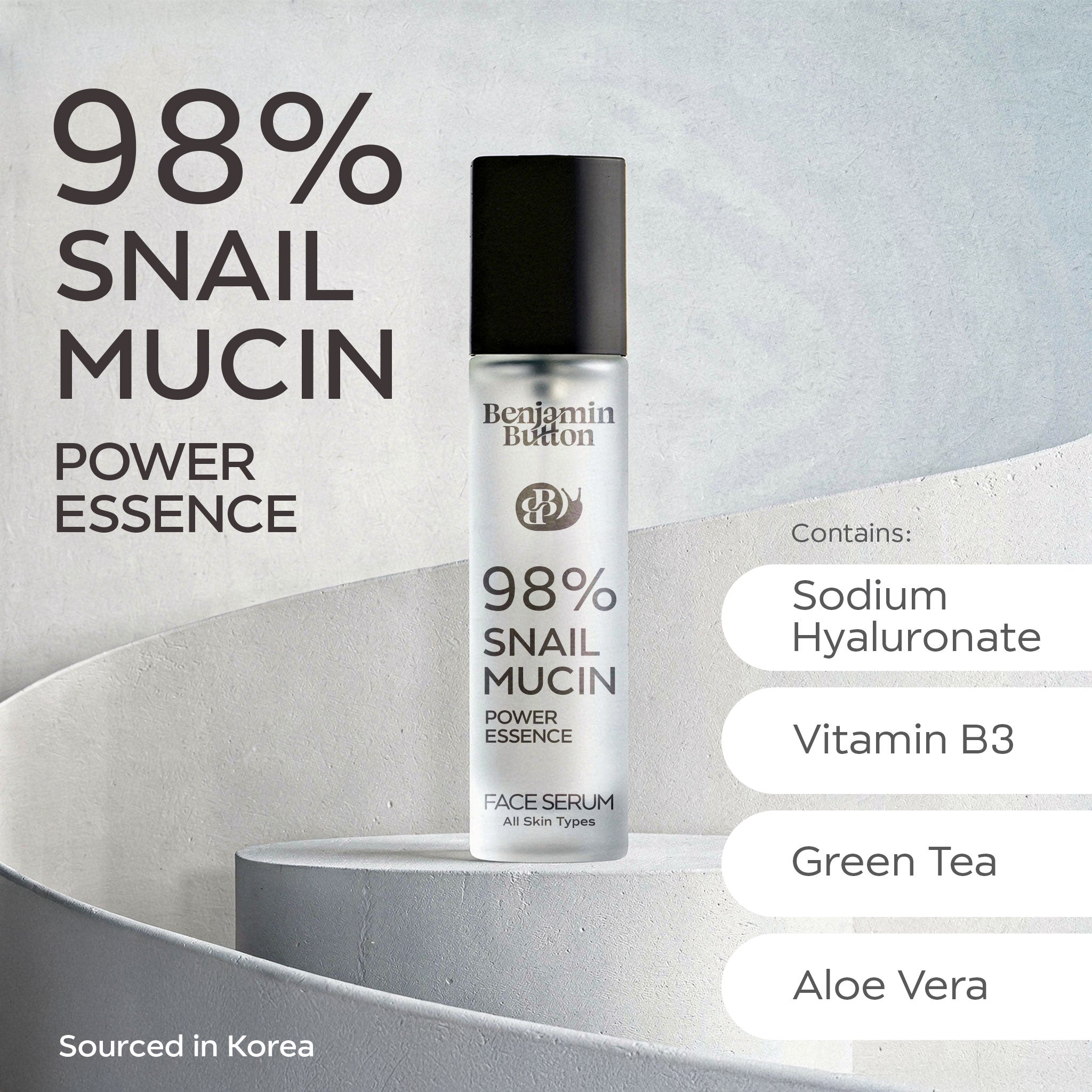What is Postpartum Preeclampsia?
Postpartum preeclampsia is a severe health issue that can occur after childbirth, typically within the first few days to weeks. Similar to preeclampsia during pregnancy, it is characterised by high blood pressure and signs of damage to other organ systems, often the kidneys. While many new mothers focus on the joys of motherhood, a significant number experience this condition, often without knowing what to expect.Symptoms to Be Aware Of
The symptoms of postpartum preeclampsia can be alarming and include:- Severe headaches
- Visual disturbances, such as blurriness or flashing lights
- Upper abdominal pain, typically under the ribs
- Nausea or vomiting
- Swelling (oedema) in the face and hands
- Shortness of breath
My Unexpected Journey
After a relatively smooth pregnancy and delivery, I was shocked to experience postpartum preeclampsia. My son was born healthy, and I felt blissfully happy in those first few days. However, everything changed when I started feeling increasingly unwell. The headaches, the swelling, and a sense of general malaise crept in slowly but surely. It wasn’t until I experienced sudden vision changes that alarm bells started ringing. At first, I considered calling the doctor, but I hesitated, thinking that since I just had a baby, fatigue was simply a part of the package. Thankfully, my partner encouraged me to reach out to my healthcare provider, urging them to take my symptoms seriously.Getting a Diagnosis
Upon my visit, the healthcare professionals carried out a thorough examination and contributed my high blood pressure readings to postpartum preeclampsia. It felt surreal to hear this diagnosis after feeling so joyous just days earlier. The medical team explained that although this condition can lead to serious complications, early detection and treatment would ensure my health and that of my baby. The risks associated with untreated postpartum preeclampsia can escalate quickly, including seizures or even organ failure.Treatment and Recovery
Following my diagnosis, treatment options were discussed, and we started with medication to manage my blood pressure effectively. My healthcare provider reassured me that, with the right care, I could recover fully. Knowledge is indeed power. Armed with the right information and support, I navigated through the next steps. Here are the aspects of treatment that I found essential to my recovery:- Regular monitoring of blood pressure
- Medication to regulate blood pressure and avoid complications
- Rest and support from family
- Frequent follow-ups with my healthcare team
Finding Support
Throughout my ordeal, I realised how vital it was to surround myself with supportive people. Family members and friends played an integral role in my recovery. They monitored my health, helped with household tasks, and took care of my son, allowing me the space and time I needed to heal. Support groups and maternal health communities online became my source of solace. Connecting with others who had encountered postpartum preeclampsia allowed me to share my experiences, learn from theirs, and feel less alone in this new journey of motherhood.The Importance of Education
Educating myself about postpartum preeclampsia was transformational. It empowered me to ask questions, advocate for myself, and stay informed during treatment. If I had to share one piece of advice with new mothers: know the signs and trust your instincts.Looking Beyond the Diagnosis
Today, I am proud to say that I have fully recovered from postpartum preeclampsia. The experience was a turning point in my journey as a new mom, leading me to advocate for maternal health awareness. It is crucial to understand various postpartum complications, as they can manifest unexpectedly. This journey taught me that motherhood is as much about nurturing oneself as it is about caring for your children. I have learned to prioritise my health, listen to my body, and connect deeply with my emotions. Here are some takeaways I encourage every new mom to consider:- Regularly monitor your blood pressure, especially if you notice any unusual symptoms.
- Do not hesitate to reach out for help; mothers need a strong support system.
- Stay informed and educate yourself about potential postpartum complications.
- Embrace the ups and downs of motherhood, knowing that you are not alone.






















